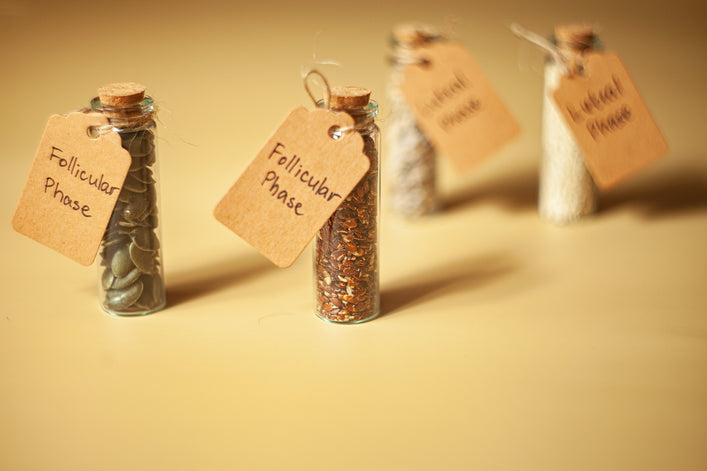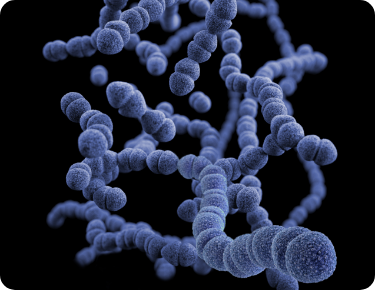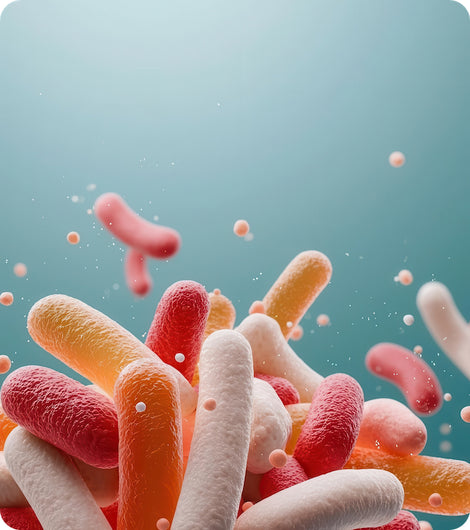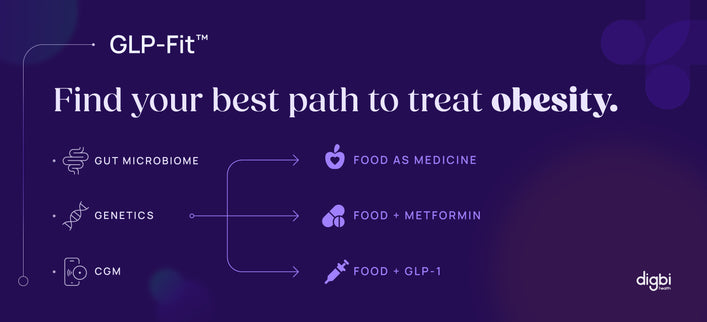Given that dogs are such popular pets, you may imagine that the origin of the word “dog” would be easy to pin down.
Not so.
Until the 14th century, man’s best friend was known in English as the hound, but somewhere along the line the name of just one canine subtype – dog (a kind of mastiff) – came to represent the entire species.
Nowadays, of course, plenty of households own dogs – in the U.S. the figure is somewhere around 40% – so what do we know about the effect of a canine companion on the microbiome of its human owner?
Quite a lot, it turns out.
For a start, it’s probably not surprising to learn that bacteria from a dog’s fur and paws are easily transferred to the skin of humans living in the same space.
A 2013 study based at the University of Colorado showed that adults share more microbes with their own dogs than they do with dogs owned by other people.
Perhaps more unexpectedly, the same study showed that simply owning a dog has an impact on the sharing of microbes between one person and another living in the same place.
Cohabiting couples who owned dogs had more bacteria in common with each other than couples who didn’t have dogs.
The researchers concluded it was because couples with dogs had more ways to transfer microorganisms from one to the other.
One person strokes the dog, leaving their bacteria behind, then the other picks it up when they also pet the pet.
Humans have lived alongside dogs for a heck of a time.
It’s widely believed that dogs evolved from a group of wolves that came into contact with European hunter-gatherers somewhere between 18,000 and 32,000 years ago.
What are some of the health benefits of dog ownership?
Well, there’s pretty good evidence that people who own dogs are happier, less stressed, and even less likely to die of heart disease.
But could it be possible that dog stomach bacteria might prove to be healthy for humans?
Could a dog, in fact, be a kind of probiotic?
Actually, two intriguing studies do seem to point in this direction.
UCSF scientists who conducted a study in 2013 suggested that living with a dog in infancy may lower a child’s risk of developing asthma and allergies, largely as a result of exposure to what they call “dog-associated house-dust”.
You’ll know all about that if you’re a dog owner.
Or a cleaner.
The researchers’ hypothesis was that babies and small children need to be exposed to harmless bacteria in order to “train” their developing immune systems.
Just as fascinating, and perhaps already a candidate for one of the year’s most heart-warming ideas, is a current Arizona study that’s exploring whether dogs can directly improve the health of older people.
They’ve adopted unwanted dogs from the Humane Society, then given them to people over 50 who’ve either never owned a dog, or who haven’t had one for a while.
They’re then monitoring the physical and mental health of both owner and dog.
Their theory is that good bacteria from the dogs may be transferred to their new owners, along with other health-boosting benefits.
In fact, compared to humans, the canine gut microbiome is relatively simple.
Although they’re omnivores, they evolved as canines and unlike humans don’t rely on their gut bacteria to maintain their energy balance.
Dogs can, however, have pretty complex oral microbiomes.
Researchers in Cambridge, Massachusetts examined samples taken from the mouths of 50 dogs and found a total of 353 different types of bacteria.
80% of them didn’t even have pre-existing names.
Dogs and humans had very different oral bacteria, too.
Just 16.4% of the bacterial types found in dogs were also found in humans.
Finally, although it’s a virus rather than a bacterium, one microorganism you definitely don’t want to be passed from dog to human is the rabies virus, fortunately becoming less and less of an issue these days.
This doesn’t stop dogs biting humans, though.
Statistics suggest that around one out of 50 people in the U.S. is bitten by a dog each year.
Thankfully not the same person.
Anyway, if you do have a (non-biting) dog, why not have a good dose of cuddling up with it today? Your gut flora may just thank you.













